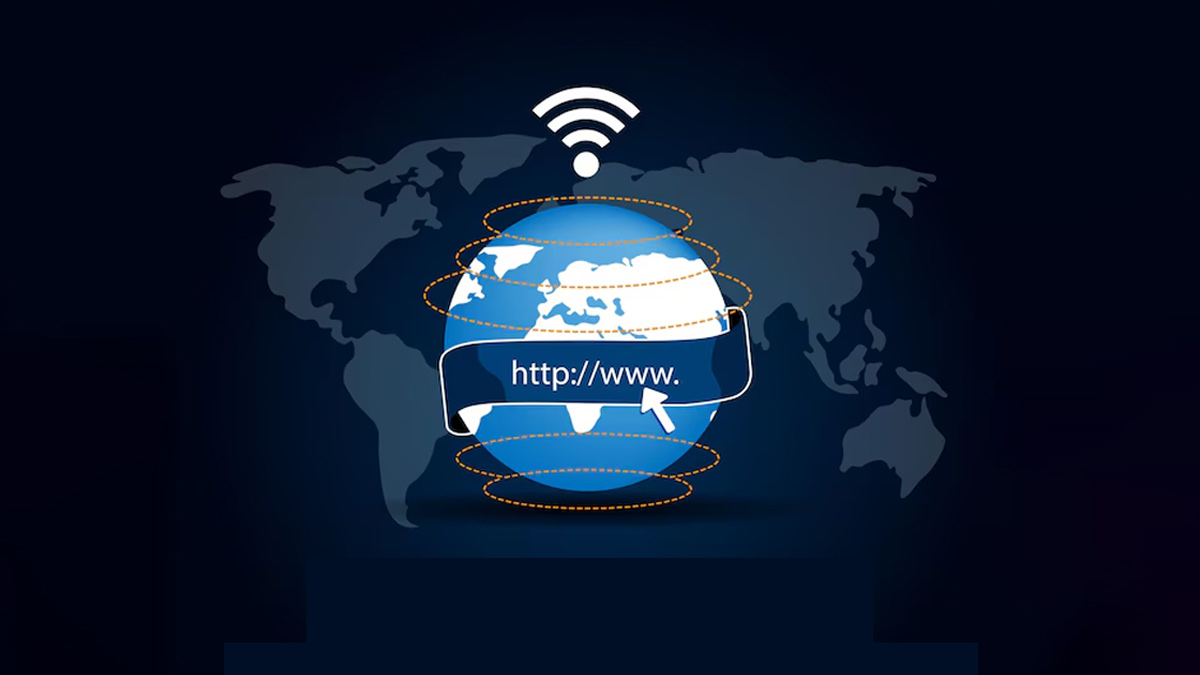In the ever-evolving landscape of technology, there are a few milestones that we must celebrate, and amongst them is World Wide Web Day. On August 1st each year, World Wide Web Day is celebrated to honour the launch of this revolutionary technology that has fundamentally changed the way we access information, communicate, and interact. This is not good for us but also for the future generations to come. This day provides an opportunity to reflect on its impact and educate students and youth about its significance. Let’s delve into the history, importance, and engaging activities for students to mark World Wide Web Day:
World Wide Web Day 2024 Date

World Wide Web Day is observed on August 1st, marking the anniversary of the public introduction of the World Wide Web. This global celebration honours web browsing, the online activity that brings the entire world to your fingertips.
World Wide Web Day 2024 History

The Web was conceptualised by Tim Berners-Lee, a scientist, in 1989 while working at Switzerland's CERN (the European Organization for Nuclear Research). His idea was to create a system that would facilitate the sharing of information among researchers through hyperlinked documents. After extensive development, the technology was initially shared with other research institutions outside of CERN in January 1991 and was made available to the entire Internet on August 23, 1991. The Web quickly gained success at CERN and began spreading to other scientific and academic institutions. Within the following two years, 50 websites were created. Marc Andreessen and Jim Clark founded Netscape and released the Navigator browser, which introduced Java and JavaScript, becoming the dominant browser quickly. Netscape went public in 1995, igniting the dot-com bubble. Microsoft responded with Internet Explorer, bundled with Windows, making it the leading browser for 14 years.
The debut of the Web was a historic moment in the technology world, shifting the paradigm of information sharing and accessibility. The World Wide Web enabled a user-friendly interface over the Internet, allowing people to navigate and interact with content through hyperlinks and multimedia, making information more accessible than ever before, as per the National Today report.
Don't miss:International Friendship Day 2024: Know The Date, History, And Significance
World Wide Web Day Importance
World Wide Web Day underscores the profound impact the Web has had on various aspects of modern life:
1. The Web has democratised access to knowledge, making it possible for people worldwide to retrieve information instantaneously. This has revolutionised education, research, and personal learning.
2. It has transformed how we communicate, facilitating instant connections through email, social media, and messaging platforms. This global connectivity has reshaped personal relationships, business practices, and international collaboration.
3. The Web has been a catalyst for economic growth by creating new industries, such as e-commerce and digital marketing. It has opened up numerous job opportunities and driven innovation in various sectors.
4. The availability of online courses, digital libraries, and educational content has made learning more accessible. The Web supports both formal education and self-directed learning, catering to diverse educational needs.
5. Social media platforms and online communities have empowered individuals and groups to advocate for causes, share experiences, and mobilise social change.
Don't miss:World Day Against Trafficking In Persons 2024: Date, Theme, History, And Significance
World Wide Web Day Activities For Students

To celebrate World Wide Web Day, students can participate in various activities that highlight the Web’s significance and understand it:
1. Students can create presentations or posters about the history of the World Wide Web, detailing key milestones, important figures like Tim Berners-Lee, and the evolution of web technologies.
2. Organise a workshop introducing students to basic web development skills, such as HTML. They can learn how websites are created and gain hands-on experience in designing simple web pages.
3. Encourage students to use the Web for research on topics of their choice. They can present their findings, demonstrating how the Web facilitates information gathering and knowledge sharing.
4. Host a discussion on digital citizenship, focusing on online safety, responsible social media use, and critical evaluation of online information.
5. Students can engage in creative projects, such as designing a mock website or starting a blog.
6. Invite a guest speaker, such as a renowned web developer or digital media expert, to share their experiences and insights into the future of the Web.
For more such stories, stay tuned to HerZindagi.
Image credit: Freepik
HerZindagi Video

Take charge of your wellness journey—download the HerZindagi app for daily updates on fitness, beauty, and a healthy lifestyle!


Comments
All Comments (0)
Join the conversation